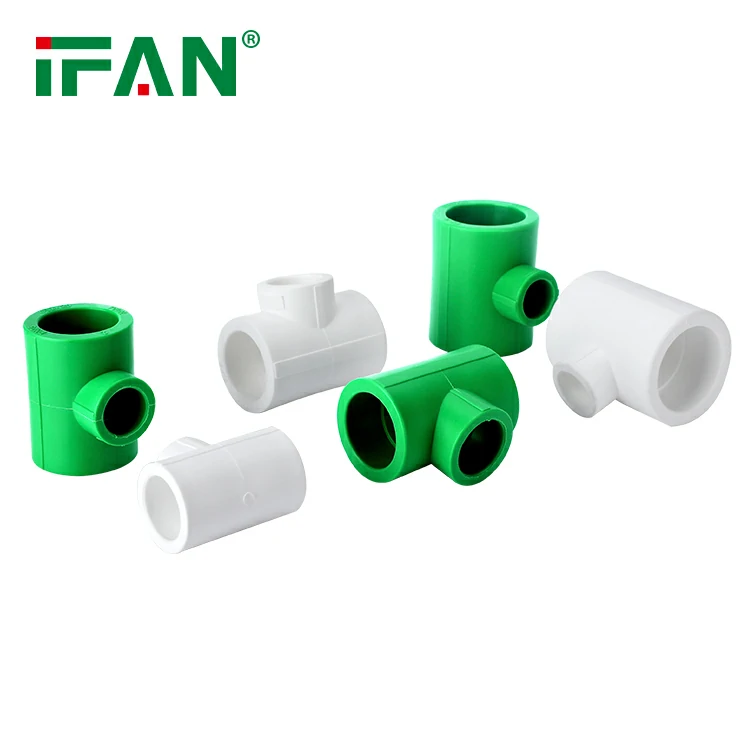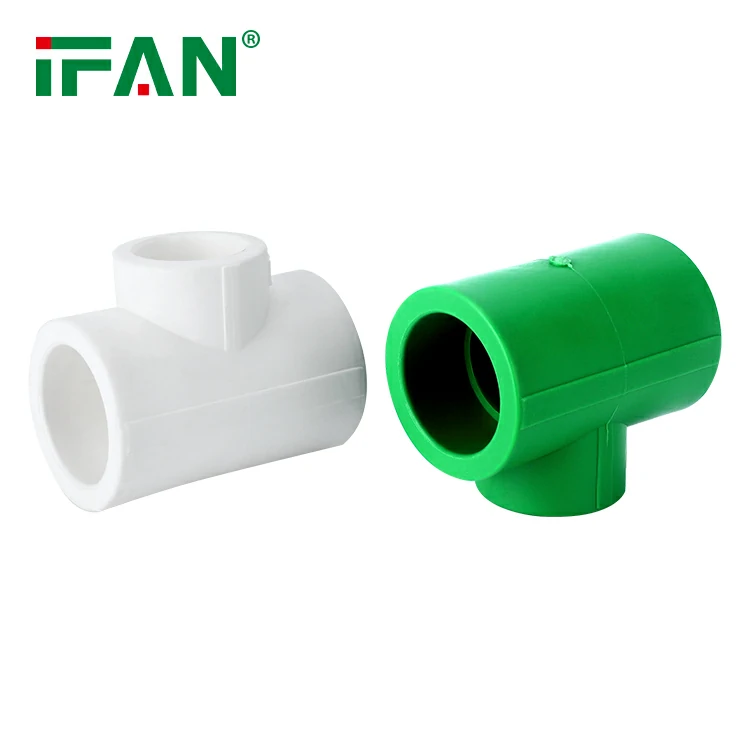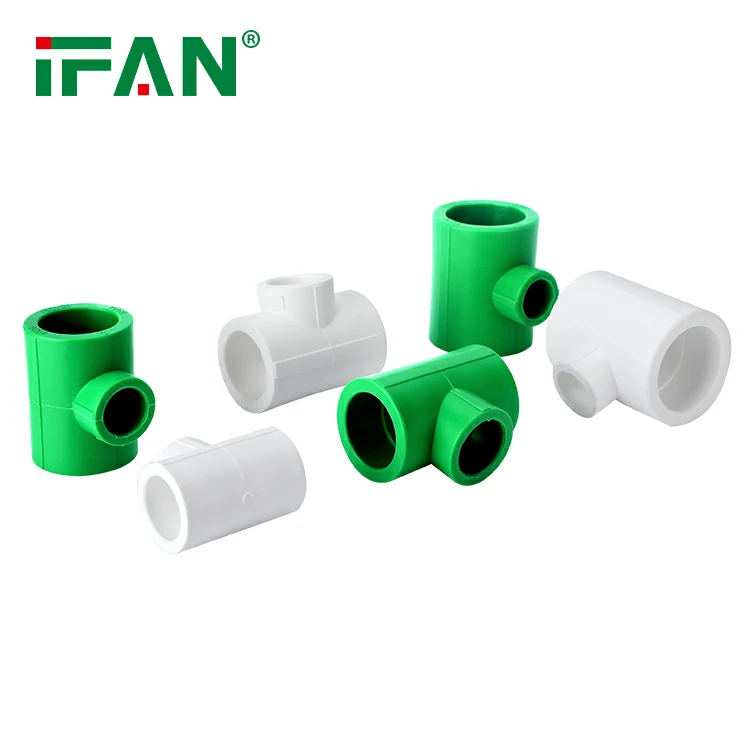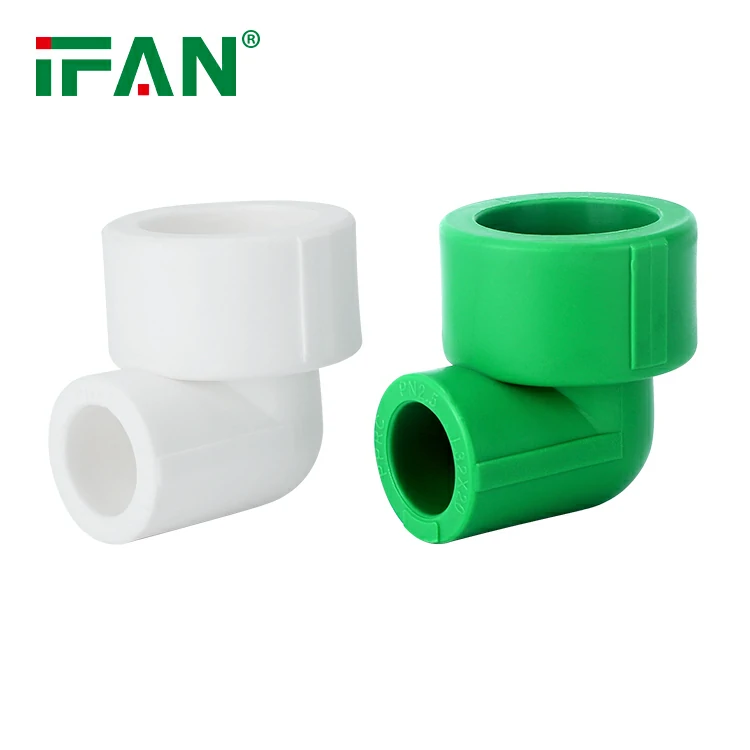Yes, brass ball valves can be used for water. In fact, brass is a common material used in plumbing fixtures and fittings due to its durability and corrosion resistance. Ball valves, in particular, offer several benefits for controlling the flow of water in a plumbing system.
Benefits of Brass Ball Valves for Water
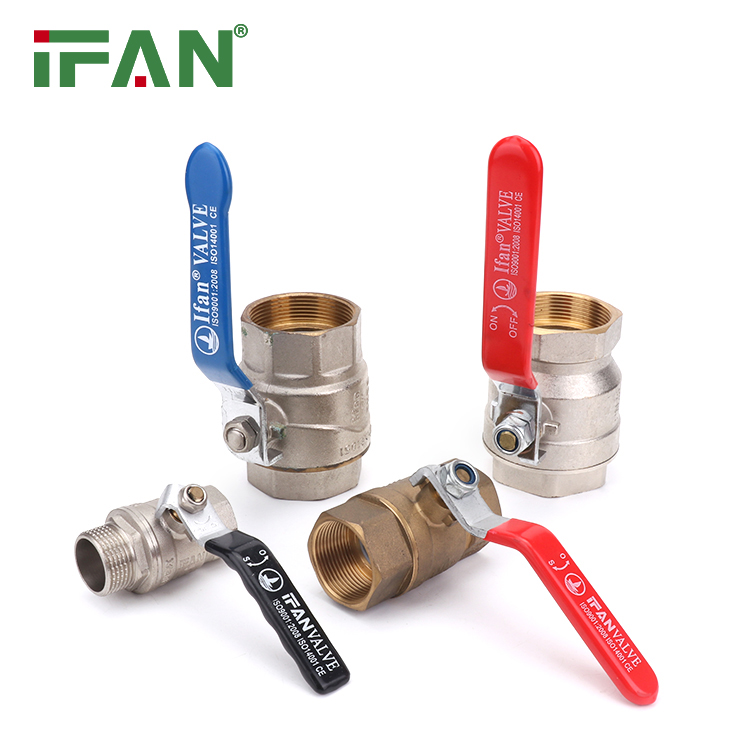
- Durability: Brass ball valves are strong and durable, making them ideal for use in water systems. They can withstand high pressure and temperature, making them suitable for both residential and commercial applications.
- Corrosion Resistance: Brass is corrosion-resistant, making it resistant to rust and other types of chemical reactions. This makes it ideal for use in plumbing systems where exposure to water and other chemicals can cause corrosion.
- Easy to Use: Ball valves are easy to operate, with a simple quarter-turn of the handle opening or closing the valve. This makes them ideal for use in places where the valve needs to be turned on and off frequently, such as in a main water supply line.
- Low Maintenance: Brass ball valves require minimal maintenance and can last for years without needing to be replaced. They do not require periodic lubrication or adjustment, which can save time and money.
- Cost-Effective: Brass ball valves are relatively inexpensive and offer great value for their price. This makes them an affordable option for most plumbing applications.
Types of Brass Ball Valves
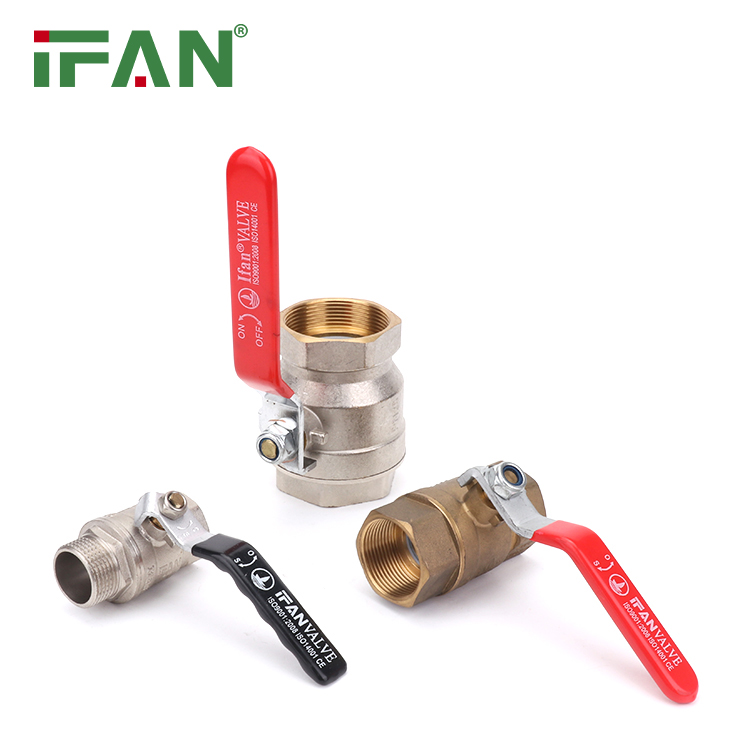
There are different types of brass ball valves that can be used for water applications. The following are the most common types:
- Full-Port Ball Valve: This type of ball valve has a large opening that allows for faster water flow. It is ideal for situations where a high flow rate is required, such as in a main water supply line.
- Standard-Port Ball Valve: This type of ball valve has a smaller opening than the full-port valve, which can restrict the flow rate. However, it is still suitable for most residential and commercial applications.
- Three-Way Ball Valve: This type of ball valve has three openings, making it suitable for more complex plumbing systems. It can control the direction of water flow and is often used in heating and cooling systems.
- Miniature Ball Valve: This type of ball valve is small and compact, making it ideal for use in tight spaces. It is often used in small appliances, such as coffee machines and water filters.
Conclusion
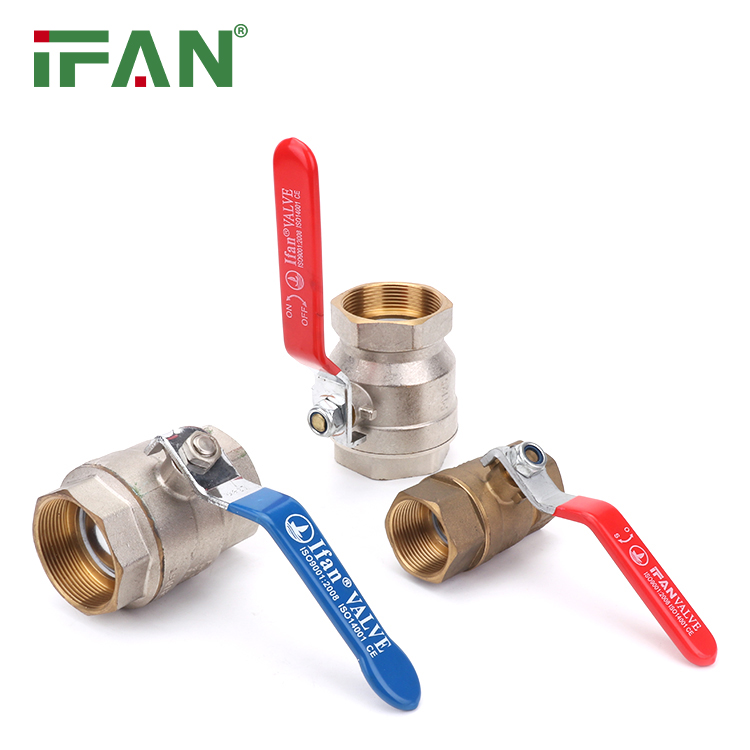
In conclusion, brass ball valves can be used for water and offer several benefits over other types of valves. They are durable, corrosion-resistant, easy to use, low maintenance, and affordable. Different types of brass ball valves are available for different plumbing applications, making them a versatile option for controlling the flow of water in a plumbing system. Overall, brass ball valves are a reliable and effective choice for controlling the flow of water in a household or commercial setting.

